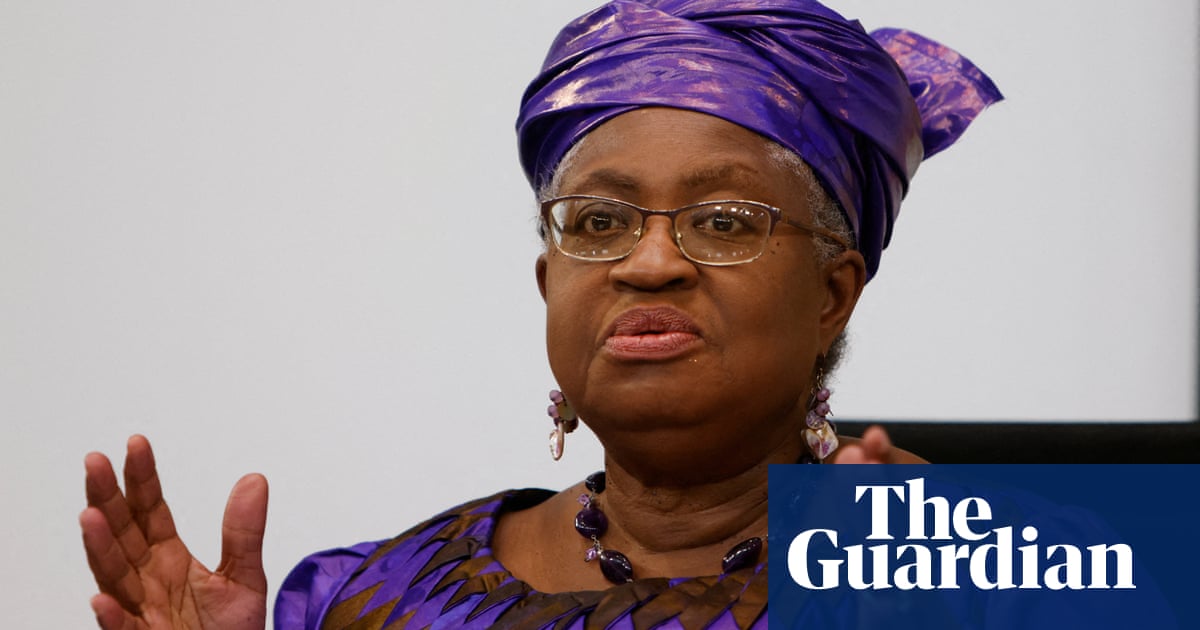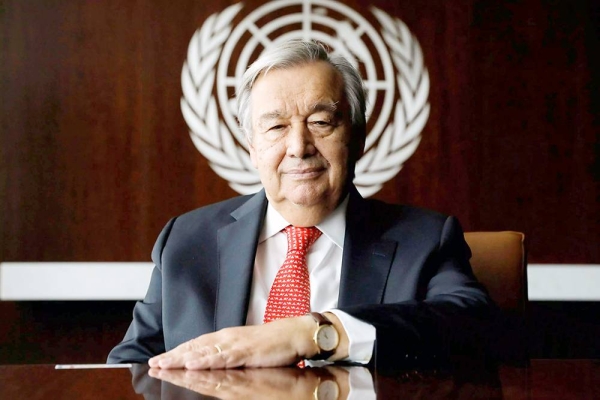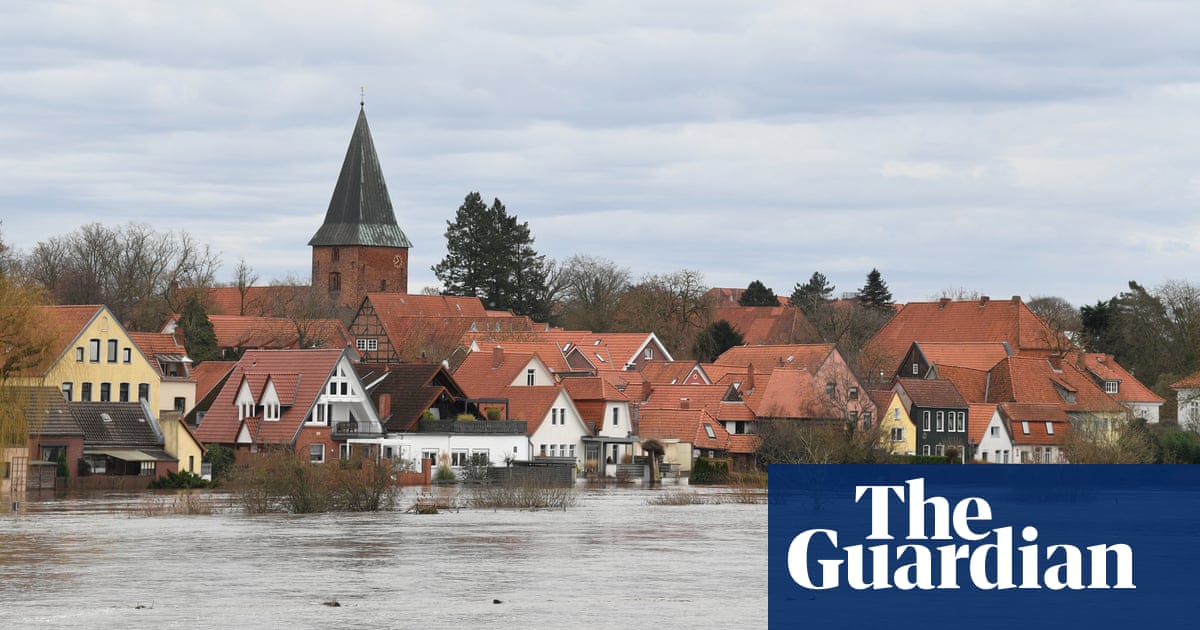
The summit, which moved to the Spanish capital after Chile had to pull out amid anti-government protests, aims to put the finishing touches to the rules governing the 2015 Paris accord
Countries agreed in Paris four years ago to limit global warming to well below 2 degrees Celsius (3.6 Fahrenheit)
MADRID: Secretary-General António Guterres urged countries Monday not to give up in the fight against climate change, as representatives from nearly 200 countries gathered in Madrid for a two-week meeting on tackling global warming.
In his opening speech to delegates, Guterres cited recent scientific data showing that levels of heat-trapping gases have hit a record high, reaching levels not seen for at least 3 million years when sea levels were 10-20 meters (33-66 feet) higher than today.
Unless emissions of carbon dioxide and other greenhouse gases are sharply cut, temperatures could rise to twice the threshold set in the 2015 Paris accord by the end of the century, he warned.
“Do we really want to be remembered as the generation that buried its head in the sand, that fiddled while the planet burned?” Guterres asked.
His appeal came after Chile’s environment minister, Carolina Schmidt, said the Dec. 2-13 meeting needs to lay the groundwork for moving toward carbon-neutral economies while being sensitive to the poorest and those most vulnerable to rising temperatures — something that policymakers have termed “just transition.”
“Those who don’t want to see it will be on the wrong side of history,” said Schmidt, who is chairing the meeting. She called on governments to make more ambitious pledges to reduce emissions of greenhouse gases ahead of a deadline to do so next year.
The summit, which moved to the Spanish capital after Chile had to pull out amid anti-government protests, aims to put the finishing touches to the rules governing the 2015 Paris accord.
That involves creating a functioning international emissions-trading system and compensating poor countries for losses they suffer from rising sea levels and other consequences of climate change.
“We have a common challenge but with differentiated needs and urgencies, which we can only overcome if we work together,” said Schmidt.
Countries agreed in Paris four years ago to limit global warming to well below 2 degrees Celsius (3.6 Fahrenheit), ideally 1.5C (2.7F) by the end of the century compared with pre-industrial times. Already, average temperatures have increased by about 1C, leaving little room for the more ambitious target to be met.
Guterres called out big greenhouse gas emitters that are still building coal-fired power plants, saying that unless the world stops burning coal “all our efforts to tackle climate change will be doomed.”
He noted that had countries started cutting their emissions drastically a decade ago, reaching the Paris goal would have been much easier.
“Ten years ago, if countries had acted on the science, they would have needed to reduce emissions by 3.3% each year,” he said. “Today, we need to reduce emissions by 7.6% each year.”
“The impact on all life on the planet — including ours — would be catastrophic,” he added. “The only solution is rapid, ambitious, transformative action by all — governments, regions, cities, businesses and civil society, all working toward a common goal.”
Organizers expect around 29,000 visitors at the meeting, including around 50 heads of state and government for Monday’s opening session.
Except for the European Union’s newly sworn-in leadership, which was due to begin a five-year term by paying a visit to the summit, the rest of the world’s largest carbon emitters — the United States, China and India — are sending ministerial or lower-level officials to the meeting.
The US delegation is led by Ambassador Marcia Bernicat, a senior Department official. That’s because the procedures to quit the Paris accord initiated last month by the administration of President Donald Trump won’t be technically completed until Nov. 4, 2020.
But Democratic members of Congress led by House Speaker Nancy Pelosi said the nation remains committed to the 2015 agreement’s goals.
“We’re still in it,” said Pelosi, adding that climate change poses a threat to public health, the economy and national security.












